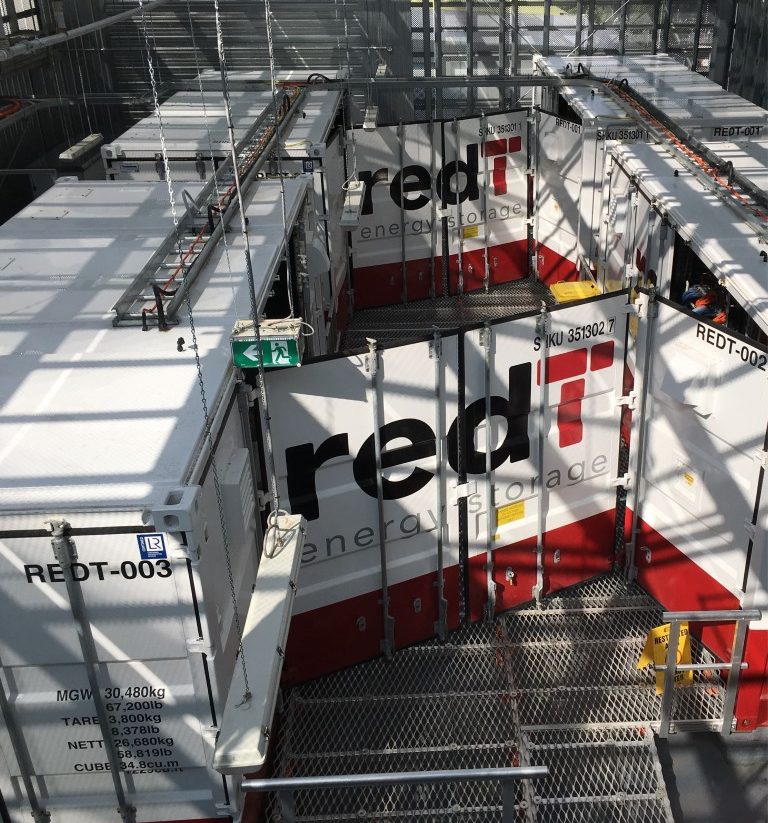REA comments on The Global Warming Policy Foundation’s Energy Storage report
• Earlier today The Global Warming Policy Foundation published their Grid-Scale Storage: Can it solve the intermittency problem? report
• The report claims that the lack of suitable storage technologies means that intermittent renewables cannot replace dispatchable coal, gas and nuclear power
• The report also adds that due to this, a sensible energy policy cannot be based on them.
Dr Nina Skorupska CBE, Chief Executive of the Renewable Energy Association commented:
“This paper is not a particularly helpful contribution to the debate on the UK’s energy future, and undervalues the tremendous work and cutting-edge innovation that is coming out of the energy storage sector. For example, our members are developing gravity-based battery systems in disused mine shafts, using second-life EV batteries for storage in people’s homes alongside their solar panels, developing compressed-air systems underground and perfecting the chemistry of long-duration flow batteries.
The paper asserts that renewables and battery storage are not cost effective, yet a recent report from Bloomberg NEF predicts that battery storage prices will fall a considerable 52% by 2030 on top of what has already been a decade of substantial price drops. Even without this decline, we have already seen numerous ‘co-location’ deployments with the industry gearing up for significantly more in the coming three years.
“It is already established that wind and solar are the cheapest means of new power generation in the UK. Other dispatchable forms of generation will also be needed in the years to come, hence why our members are developing biomass power, energy-from-waste, and biogas systems across the length and breadth of Britain.
“The grid companies are massively shifting how they operate to accommodate a cheaper, more decentralised, and more flexible power system and the Government’s Smart System and Flexibility Plan has outlined that doing so could save the UK billions of pounds by 2050.”
—ENDS—
Notes to editors
• The Global Warming Policy Foundation Grid-Scale Storage: Can it solve the intermittency problem? report can be found here: https://www.thegwpf.org/content/uploads/2019/02/GridStorageWeb-1.pdf
• Bloomberg NEF’s report Flexibility Solutions for High-Renewable Energy Systems can be found here: https://data.bloomberglp.com/professional/sites/24/2018/11/UK-Flexibility-Solutions-for-High-Renewable-Energy-Systems-2018-BNEF-Eaton-Statkraft.pdf
• A further article from Bloomberg NEF titled Energy Storage is a $620 Billion Investment Opportunity to 2040 can be found here: https://about.bnef.com/blog/energy-storage-620-billion-investment-opportunity-2040/
For more information or to request an interview, please contact:
Hayley Allen
External Affairs Officer
+44 (0)20 7981 0862
[email protected]
About the Renewable Energy Association (REA)
The REA is the UK’s largest trade association for renewable energy and clean technologies with around 550 members operating across heat, transport, and power. The REA is a not-for-profit organisation that represents renewable energy and clean technology companies operating in over fourteen sectors, ranging from biogas and renewable fuels to solar and electric vehicle charging. Membership ranges from major multinationals to sole traders.
For more information, visit: www.r-e-a.net

